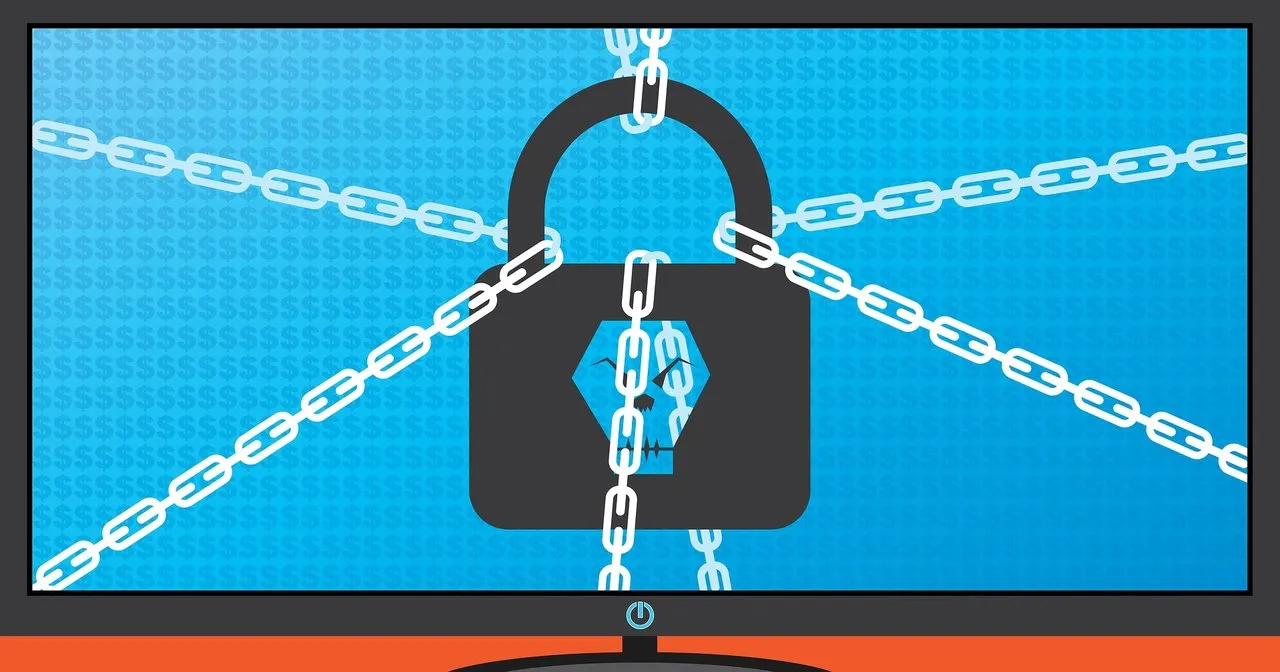
Note: We have our first guest post from the folks at TechWarn.com, and we hope to have more from them in the future. They have some great articles over at their website, so feel free to check them out. Without further ado, here we go. So sit back and enjoy this post about preventing and managing ransomware attacks in 2020.

https://techwarn.com/
Ransomware attacks have been making the rounds well before today. In the time since the COVID-19 pandemic has started, though, there has been a reported 25% surge in such cases overall. This is keeping in mind that not all cases get recorded – and not all recorded cases make it to the general database either.
Hackers are getting increasingly sophisticated by using current situations to their advantage. Some of them have leveraged malicious contact tracing apps and such platforms to distribute malware. They are also targeting more healthcare and financial providers all around the world – especially in the US and Europe – with such attacks.
You don't have to be at their mercies, though. The tips below will keep you safer against ransomware as a person and/ organization
1. Have a Backup
Ransomware actors leverage the fact that the people they hit might not have a backup of their files to extract the payment they need. This would not be possible if you have a regularly backed up system in the first place. That way, you can simply do a complete wipe of the system to lock out the hacker, resuming your activities from the backup.
It is recommended to have both offline and online backups independent of one another.
2. Secure your Network
Poor and unencrypted network connections allow hackers the room to not only plan a series of man-in-the-middle attacks but to also install malware onto your systems. This is one of the many reasons why we would never recommend using public or free Wi-Fi networks.
Fortunately, you can easily encrypt your network using a VPN. That makes it impossible for hackers to see your internet data stream, talk less of hijacking it. Finally, secure all the devices on your internet connection too, so that none acts as the weak link into an otherwise secure network.
3. Don't Pay the Ransom
Say you have been attacked by these hackers. The last thing you want to do is pay them what they are asking.
On the one hand, there is no guarantee that you will get your files back even after you have made the payment. You might even just open a door into a bigger ask once you make the first payment. On the other hand, you will be encouraging these hackers to do more of these when they get paid by you.
It might look like the only option, but it rarely ends well. If you didn't have security practices in place, try salvaging what data you can and burn the rest so that neither you nor the hacker have access anymore. You might want to seek professional help for that if you are not tech-savvy enough.
4. Install an Antivirus
Ransomware can be deployed in a manner of ways, one of such being through the files that make their way onto your computer.
An antivirus software secures your computer against infected files coming from the internet. These programs will also scan your computer for existing malware in programs and other files which might be used to trigger a ransomware attack later.
Don't forget to update your antivirus software regularly also. That way, you are always up to date on current virus definitions and will not be caught out by a new computer virus.
5. Beware Phishing
Phishing attacks are growing by the day. We have also seen an increase in these attempts since the pandemic started. Worst still, phishing can be used to usher other forms of hacks, and ransomware is on that list.
Be careful when you download attachments from unsolicited sources, no matter how legitimate they look. If you must download an attachment from a contact that you trust, run such an attachment via your antivirus software first.
You cannot assume who is on the other end, and it is safe to assume that your contact might have been breached at any time.
Do not click on links in emails and texts either, especially when they lead to sensitive accounts you have online. Enter the links manually in your browser instead so that you are sure to be getting the right platform.

Ransomware attacks can be tough on your pocketbook and your well being.
Want to learn how Ransomware could get you on the Dark Web?
GET OUR FREE GUIDE NOW!
Posted from JoeBrochin.com with SteemPress : https://joebrochin.com/5-ways-to-prevent-and-manage-ransomware-attacks-in-2020/